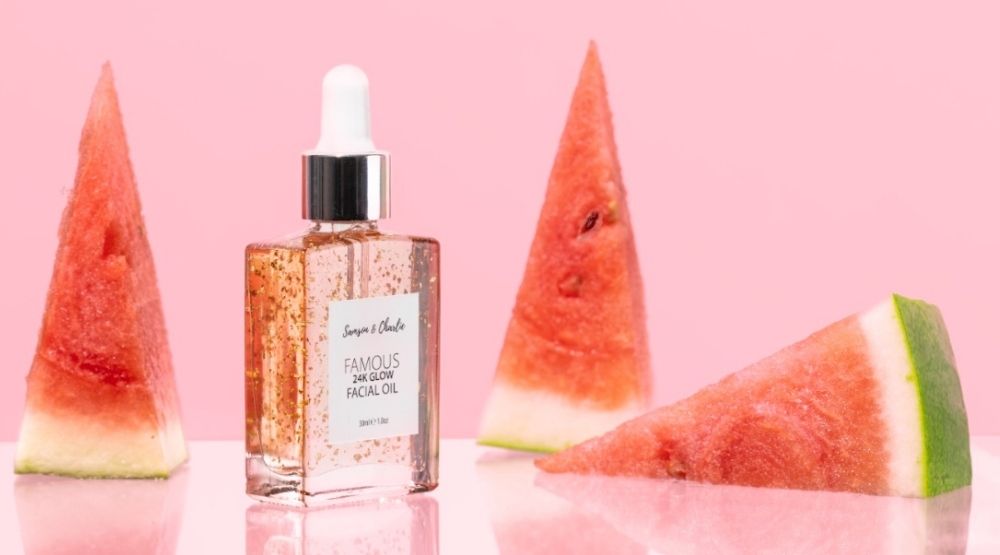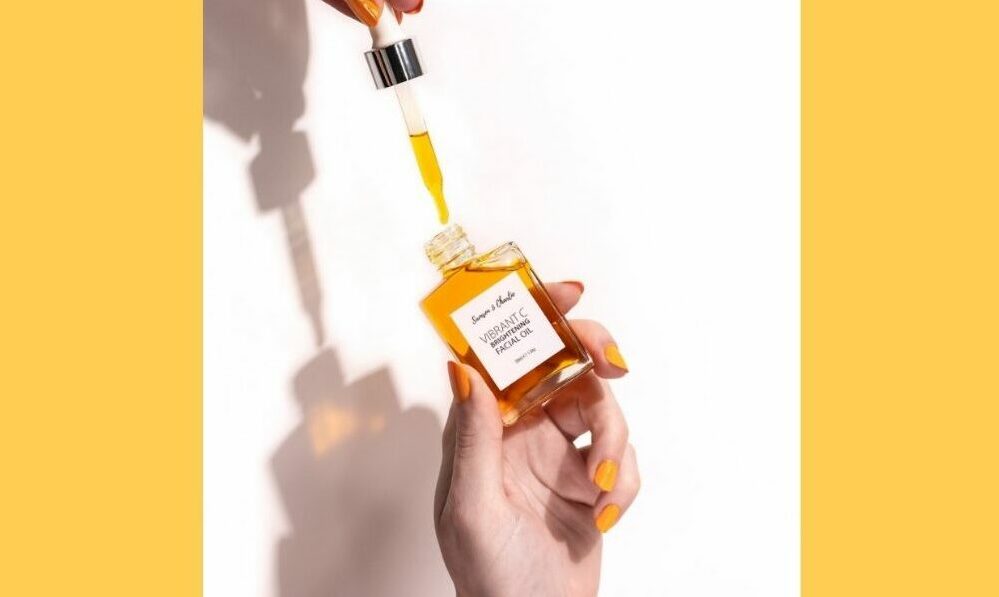Melbourne based skincare brand Samson & Charlie experienced a 400% increase in sales when they released products targeting specific skin complaints.
Carole Staeck, brand founder and ex-Telecom CEO, spoke to Professional Beauty about driving sales through specialisation, social and keeping things local.
The power of niching down:
As a skincare business, entering the e-commerce landscape can feel overwhelming. More skincare brands are launching every week, and ensuring consumers discover your product is (let alone purchase it) is tricky business . Increasingly, e-commerce experts are emphasising the importance of niching down in a saturated online environment. Shopify, a top e-commerce platform says when writing product descriptions the most important question to ask yourself is: “Does this help the online buyer?“

Carole Staeck, founder of Samson & Charlie found success with this approach. She realised that consumers were experiencing high stress and skin changes during COVID-19. Changes in skin are inherently stressful, trying to navigate a saturated market of quick-fix products even more so. Carol decided to address this issue: “I became acutely aware of the changing needs of our skin and wanted to create products that helped take away the worry that comes with these changes. I saw a need for skincare routines that focused on particular areas,” she explains.
By narrowing down on consumer concerns, she made shopping for personalised skin solutions online that much easier. “I don’t believe skincare is an absolute. We all have different concerns, and these require different ingredients and formulations to address them effectively.”
Staying social:
Samson & Charlie have a highly engaged social media audience. With clear glass bottles their products are photogenic and flatlay-ready. Indeed, Carole attributes the brands 21.4k followers to shareable packaging design. “Our customers share their purchases on Instagram Stories – and shop on social too. Having stunning packaging and colourful products helps.”
COVID-19s impact on skincare consumers
Carole believes the COVID-19 lockdowns have ramped up consumer interest in skincare as self-care. “I experienced the extended Melbourne lockdowns, and without the external social demands, I, like so many others, really felt the need to practice meaningful self-care.” An increased interest in practices like mindfulness and meditation have filtered into the Sampson & Charlie product offering. “We’re selling beauty tools like crystal rollers and Gua Sha. Taking a moment to nourish your skin can be part of that self-care regime. Especially when it includes beautiful textures, scents and measurable results,” she tells PB.

She notes that border closures and have also shifted consumer sentiment towards Australian brands. “Natural Australian skincare is very sought after, and COVID-19 contributed to that. We experienced a huge increase in revenue growth during lockdowns that was 99.9% domestic – it’s had a huge impact on our business.”
These customers are more loyal and happy to continue to invest in brands that align with their values: “70% of our daily sales are repeat customers. I think Australians have discovered what amazing products and brands are being created in their backyard and are proud to support local brands. Our customers are actively looking for Australian-made products and are helping support the local economy by doing their bit. We’re so grateful.”
The benefits of a local supply chain:
As an Australian owned brand, Carole felt it was important to source from Australia. “We are an Australian brand, and my husband and I feel that it’s a little disingenuous to say we’re ‘Made in Australia’ if what we make doesn’t utilise the incredible suppliers within Australia. Their high-quality ingredients are what make Samson & Charlie Skincare so great!”
Sourcing locally is also critical for a business that relies on small batch production. “We don’t hold stock on the shelf – this means we require access to smaller quantities of high-quality ingredients as they have a shorter shelf life than their synthetic counterparts. We strive to maintain the shortest period from “farm to face” as possible. Using local small businesses makes that possible.”
Read the current issue of our digital magazine here:
- For more news and updates, subscribe to our weekly newsletter
- Follow us on Instagram
- Like us on Facebook
- Join Australia’s largest network of beauty industry professionals on LinkedIn
- Subscribe to our print magazine
Have an idea for a story or want to see a topic covered on our site and in our pages? Get in touch at info@professionalbeauty.com.au.

